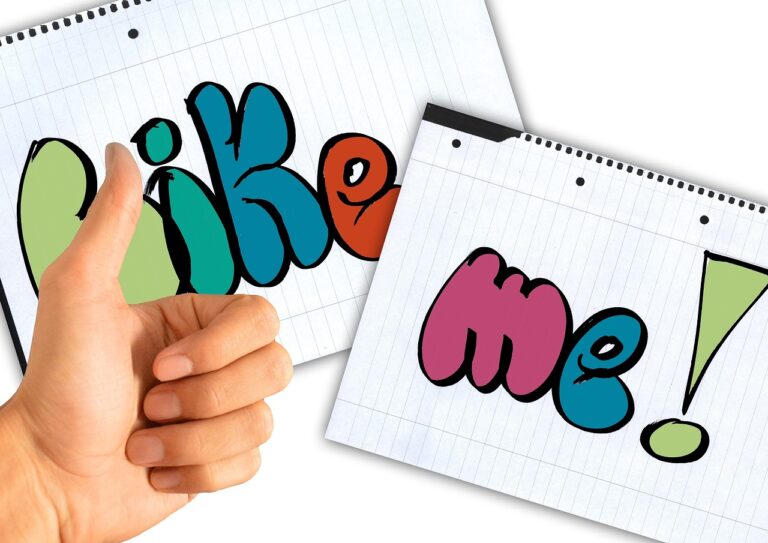The Role of MOOCs in Supporting Mental Health Education: Sky 247, Diamondexch9.com register, Tigerexch
sky 247, diamondexch9.com register, tigerexch: The Role of MOOCs in Supporting Mental Health Education
In recent years, there has been a growing recognition of the importance of mental health education. With the rise in mental health issues globally, it is crucial to increase awareness, reduce stigma, and provide individuals with the necessary tools and resources to take care of their mental well-being. One avenue that has emerged as a valuable resource for mental health education is Massive Open Online Courses (MOOCs).
MOOCs are online courses that are open to anyone without any entry requirements. These courses cover a wide range of topics, including mental health education. MOOCs offer the flexibility to access high-quality education from the comfort of your own home, making them an accessible and convenient option for those looking to learn more about mental health.
Here are some key ways in which MOOCs play a vital role in supporting mental health education:
1. Accessibility: MOOCs make mental health education accessible to a wide range of individuals, regardless of their location or background. This accessibility helps reach a larger audience and ensures that more people have access to essential information about mental health.
2. Flexibility: MOOCs offer flexibility in terms of when and where you can learn. This flexibility is crucial for individuals dealing with mental health issues, as it allows them to access education at their own pace and on their terms.
3. Diverse Content: MOOCs cover a wide range of topics within mental health education, from stress management to mindfulness techniques. This diverse content ensures that individuals can find courses that cater to their specific needs and interests.
4. Expert Instructors: MOOCs are often taught by experts in the field of mental health, providing learners with valuable insights and knowledge from experienced professionals.
5. Peer Support: MOOCs often include forums and discussion boards where learners can interact with peers, share experiences, and provide support to one another. This sense of community can be beneficial for individuals struggling with mental health issues.
6. Cost-Effective: Many MOOCs are offered for free or at a low cost, making them an affordable option for those looking to educate themselves about mental health.
Overall, MOOCs play a significant role in supporting mental health education by providing accessible, flexible, and diverse learning opportunities for individuals seeking to improve their mental well-being.
FAQs:
Q: Are MOOCs suitable for individuals with severe mental health issues?
A: MOOCs can be a valuable resource for individuals with mental health issues, but it is essential to consult with a mental health professional to determine the most appropriate course of action.
Q: How can I find reputable mental health MOOCs?
A: Websites like Coursera, edX, and FutureLearn offer a wide range of reputable mental health courses taught by experts in the field.
Q: Can MOOCs replace traditional therapy or treatment?
A: MOOCs can be a helpful supplement to traditional therapy or treatment, but they should not be seen as a replacement for professional mental health care.
Q: Are MOOCs suitable for children and adolescents?
A: There are specific mental health courses designed for children and adolescents, but it is essential to ensure that the content is age-appropriate and supervised by a parent or guardian.
In conclusion, MOOCs are a valuable tool in supporting mental health education and can play a crucial role in equipping individuals with the knowledge and skills to take care of their mental well-being.







